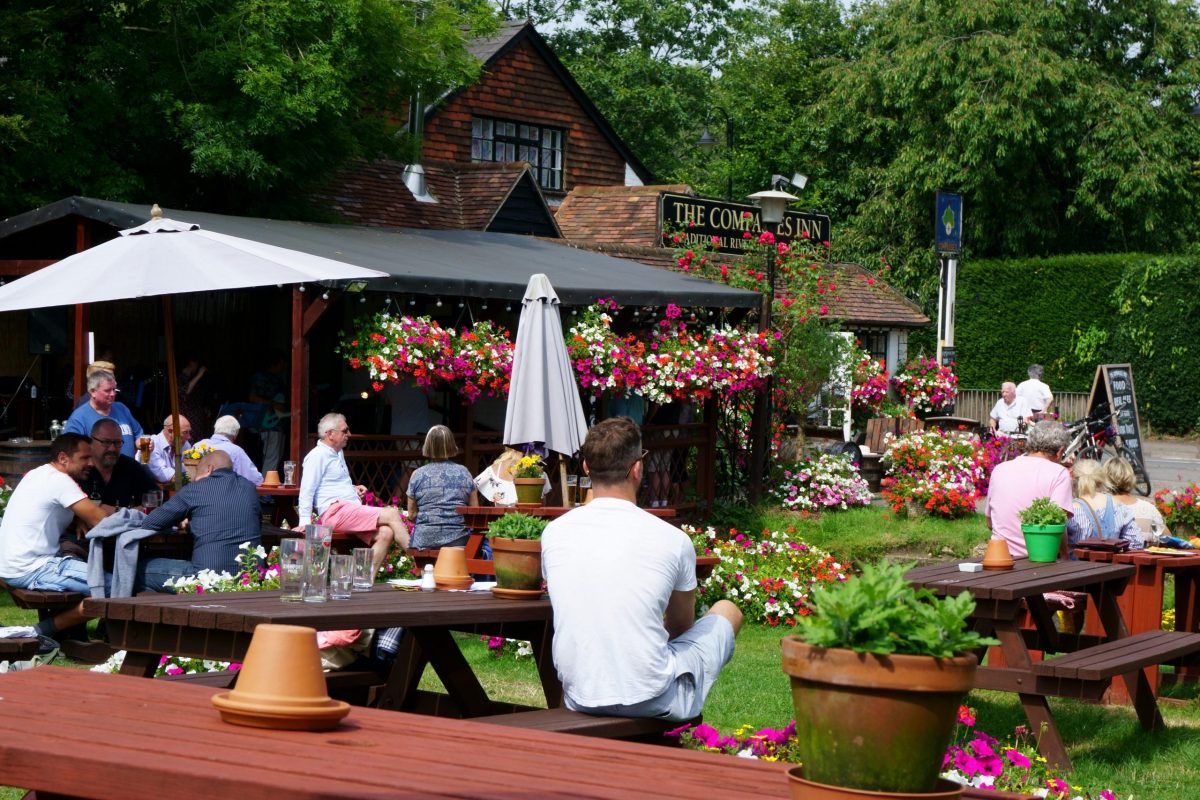
For many, the summer is a time to celebrate warmer temperatures and longer daylight, and alcohol can be a pleasant accompaniment to social activities when drunk within safe limits. However, when used to excess it is also an addictive drug and a major cause of ill health and social distress.
What happens to your body:
Dehydration – can lead to confusion, lethargy and problems with your breathing and heart rate.
Heat stroke and exhaustion – drinking in the heat can effect your core body temperature.
Internal organs – Alcohol will affect your brain, kidneys, liver, stomach, colon and heart.
The worst time of day is around 12:00– 3:00pm – this is when the sun is at its highest and hottest. Find some shade.
Simple ways to help you:

Simply drink more water. You should drink a glass of water or so drink in between alcoholic drinks to prevent dehydration and alleviate a hangover. Avoid binge-drinking.
Alcohol is a diuretic, which means it encourages the kidneys to lose extra fluid.
If you still end up with a hangover (alcohol impacts different people in different ways) drink plenty of water and fresh juice or a rehydration treatment sachet to replace lost minerals, vitamins and salt.
Drugs or alcohol use can affect your ability to drive safely by impairing your judgement of distance and time, including delaying your response to unexpected events like having to brake in an emergency.
It isn’t just driving when under the influence of alcohol or illegal drugs that affects your ability to drive. Having any substance in your system, including some prescription medications, can affect your driving and responses as can symptoms of withdrawal from drugs or alcohol.
If you feel you need assistance with alcohol consumption, or are worried about a loved one. Please contact us here.